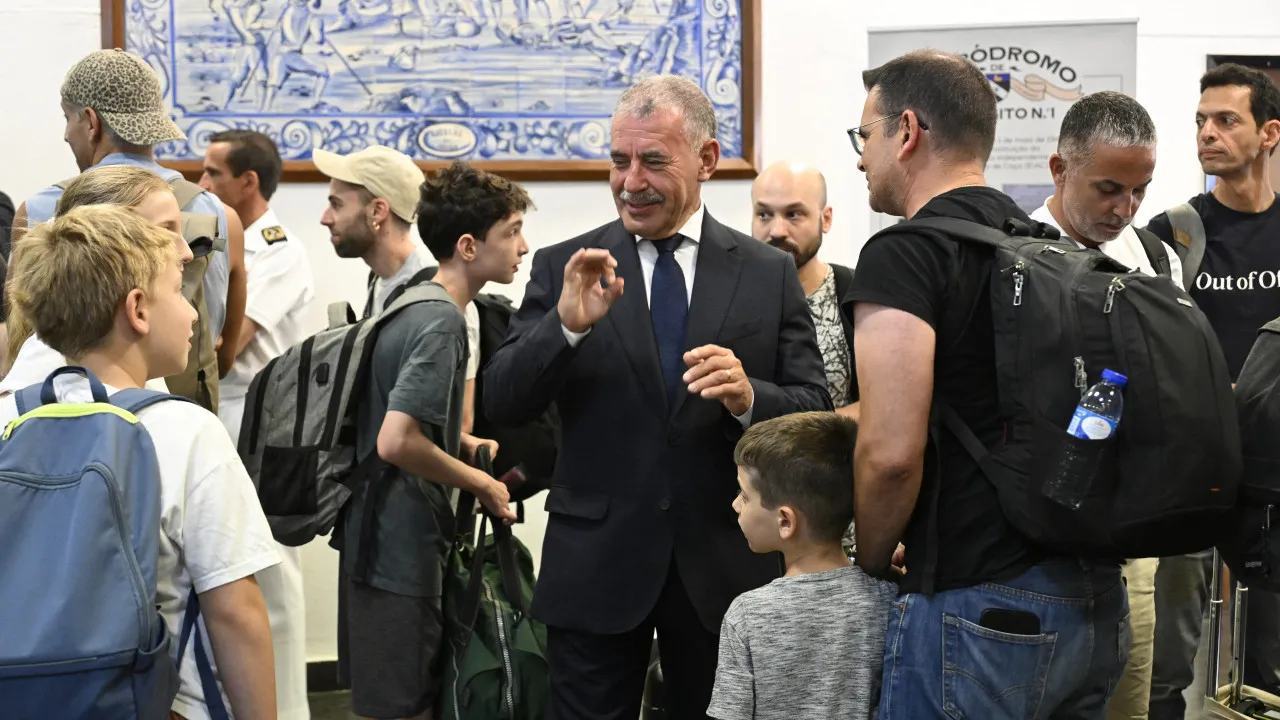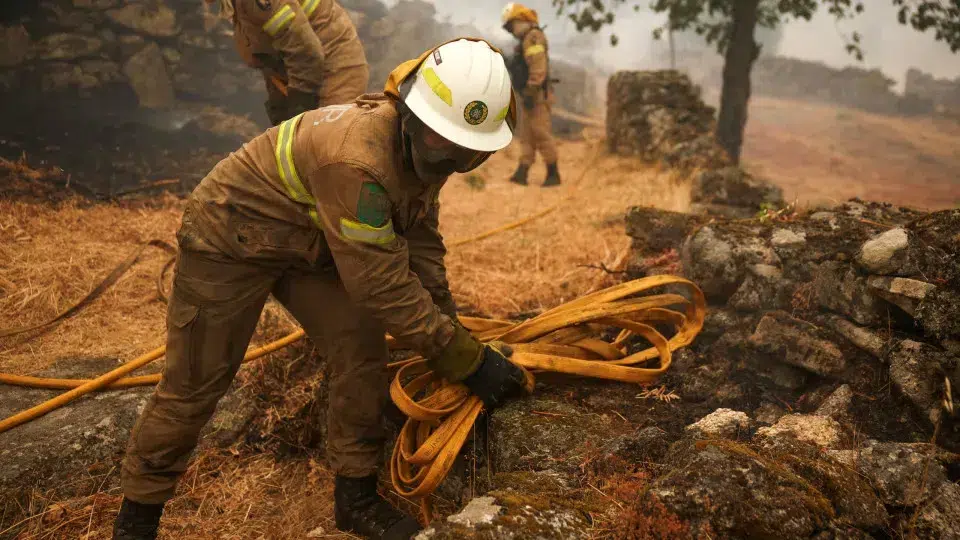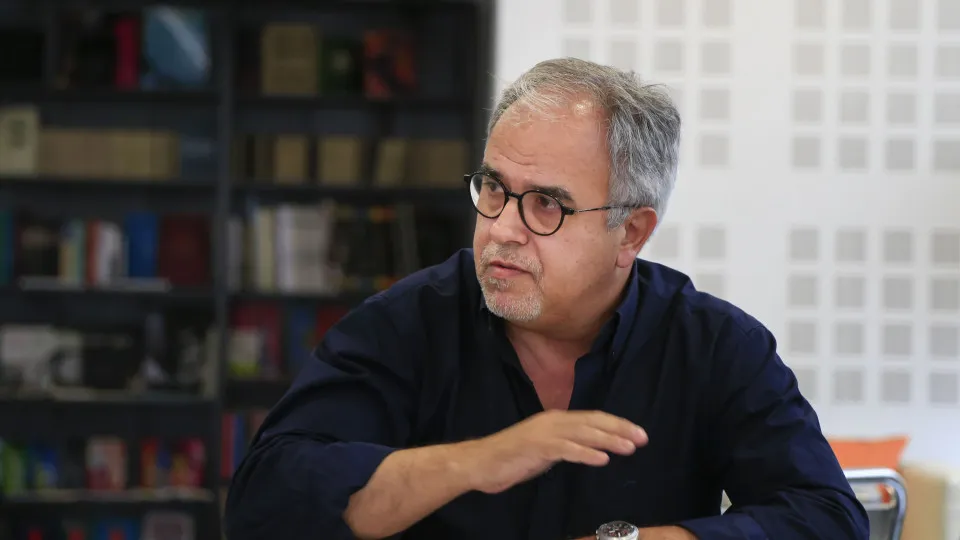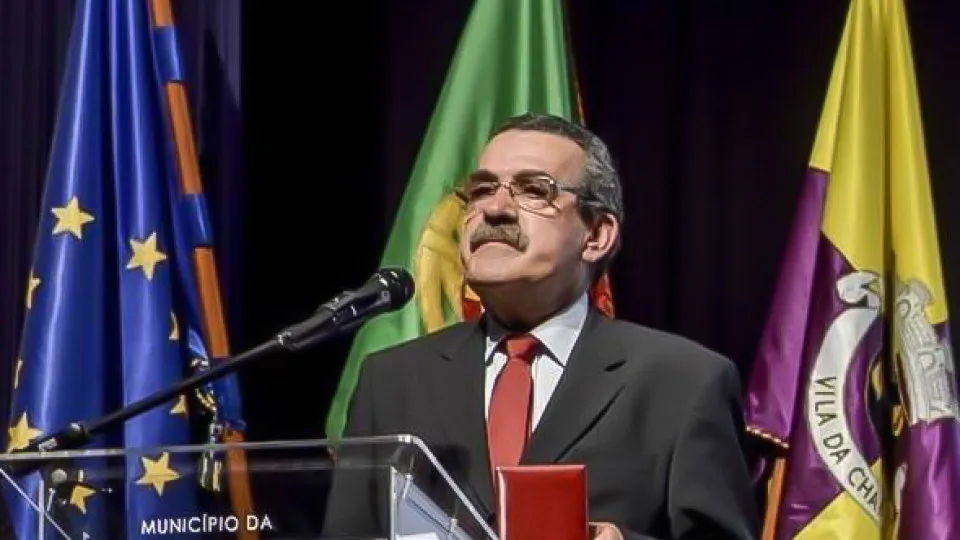
The newly appointed Secretary of State, in his first meeting with the Standing Council of the Portuguese Communities Council (CPCCP) at the Assembly of the Republic, stated that in his view, there would not be enough time for a change in law or for implementing pilot tests before the presidential elections in January.
He emphasized that there are “issues that will be very prioritized in the coming times for the Assembly of the Republic,” such as the approval of the State Budget. However, he noted that when this measure is approved, requiring a change in electoral law, it would be “welcomed.”
“It’s a matter of exclusive competence of the Assembly of the Republic,” reinforced the Secretary of State.
The government official mentioned that the council expressed concern about a possible second round of the presidential elections scheduled for January 2026.
Thus, it must be ensured that the diaspora receives the second ballots quickly, a concern acknowledged by Emídio Sousa, who said he would take it to the Ministry of Internal Administration.
During the CPCCP meeting, President Flávio Martins reiterated that the organization advocates for better voting conditions for Portuguese voters registered outside the country, which involves the implementation of electoral voting, long requested by the diaspora.
Flávio Martins believes that the civic participation of communities “needs to be reviewed,” so that the electoral process does not “lose its security but becomes diversified,” meaning “that there can be various voting modalities,” such as improving mail-in voting, but also making in-person voting and piloting electronic voting.
However, in an interview, Flávio Martins had already stated that he did not think this was a possibility for the next presidential elections.
Regarding the meeting with the CPCCP, Emídio Sousa told journalists that it was very important because, in addition to being the first meeting with the diaspora advisors, it recorded the concerns and claims they have.
“Above all, this knowledge that I gained from them, I want to transform it into a much more ambitious concept, more than communities. I want to talk about one single [Portuguese] community in the world.”
Regarding the criticisms made by the advisors towards governments making decisions without consulting them, the Secretary of State expressed his intent to provide full openness for the council to express itself.
“I am a government member with responsibilities for Portuguese communities; it’s an extremely important Secretary of State,” he emphasized.
“Therefore, the first hearing, and perhaps the most important of all, is this continuous connection to the communities and the one that refers to commitments, I would even say legality because it provides for the hearing of Portuguese communities on matters that concern them, which makes complete sense,” he indicated.




